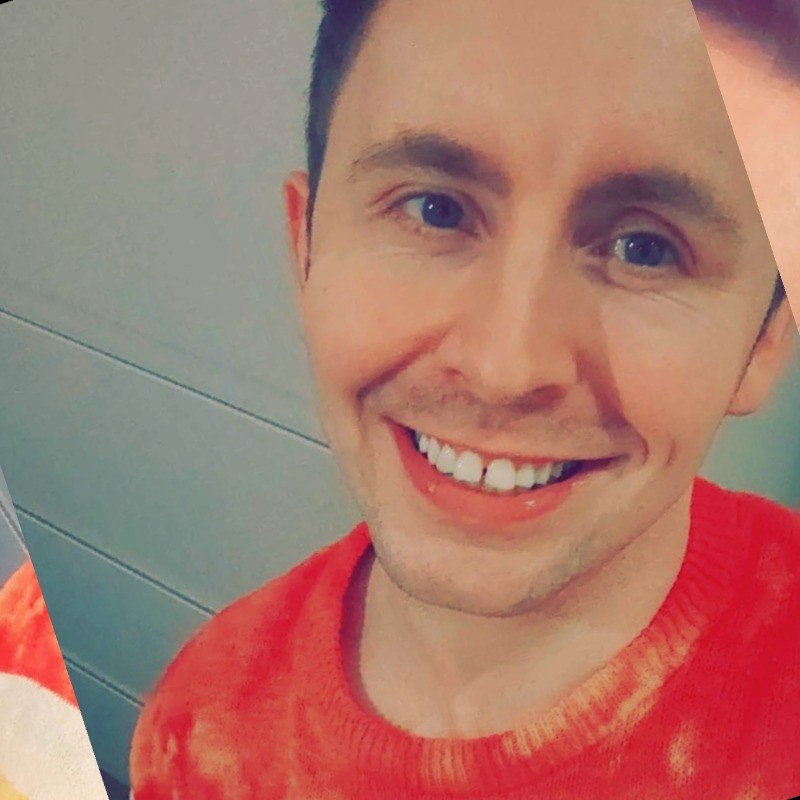
Dr. Scott Fox
Graduation Date: 2025
Institution: University of Sheffield
Thesis title: Exploring the interaction of distraction and passenger presence in relation to drivers’ road traffic collision risk and hazard perception performance.
Supervisor: Professor Steve Fotios and Professor Richard Rowe
Research Pathway: Space, Place, Environment and Liveability (SPEL)
LinkedIn: Scott Fox’s LinkedIn Profile
Research and career:
Current job title: Sales Programme Analyst at Schuco International (Sector: Information Technology & Digital )
Give a brief overview of your current role and responsibilities:
The company distributes dermatology equipment to medical organisations, both public and private. I am the sole person responsible for customer segmentation analysis and data management lead for the company I am in. I only recently started in this role but I have already suggested measures to acquire data to analyse from customers that were not currently used, such as handing out surveys at exhibitions to delegates. The team appreciate the idea and intend to do so in the forthcoming exhibition, from which I will be able to analyse and provide some insights into the customer profiles that buy certain types of products that we sell.
Describe your journey from your PhD to your current role:
My PhD explored road safety, complemented by the internship I undertook with the Transport Research Laboratory, 6 academic publications (one of which being my PhD thesis published on the White Rose portal), Statistician role at the Department for Transport, and contribution to research that influenced national road lighting policy. In total, I had a decade of road safety experience, for which I was very eager to progress in. I even took up a position as a Senior Consultant in road safety with a road safety consultancy firm between October 2024 and June 2025. However, the wealth of experience I have in road safety did not match the extreme low pay that they offered and the requirement to work 5 days in the office when it was a data role and most others in the organisation were permitted hybrid conditions. I searched for other roles that would be more fitting for my experience level, but found that most road safety roles were engineering based, which I did not have any qualifications in. This limited what I felt I could do.
It is therefore with a heavy heart that I chose to expand my search to other areas. The one aspect that appealed to me about road safety was that it had genuine impact on saving lives, set within the UN Sustainability Goals. This therefore made me start to explore roles that were in some way associated with those Goals. I was fortunate to receive 3 offers around the same time, all of which related to leadership responsibilities and the ability to take charge of their data structures and analysis. All of the opportunities provided favourable salaries that could afford me the chance of living a reasonable life.
Even though it was a big risk leaving a role in road safety, for which I felt knowledgeable, to a field I knew nothing about, the PhD provided a framework of skills that could be applied to any role that requires data management and analysis. Despite only being one month into the new role, the experience I have had so far has been amazing and I feel that it has been a risk worth taking.
In what way did your experience with the WRDTP prepare you for your current career?
The various workshops related to data management and analysis, which can be applied to my current career.
What advice would you give to current or future WRDTP postgraduate researchers?
Take all the opportunities you can find. Even if it isn’t relevant for your current research project, it may be relevant for you after your PhD ends. It will ultimately lead to you becoming a far stronger researcher.







